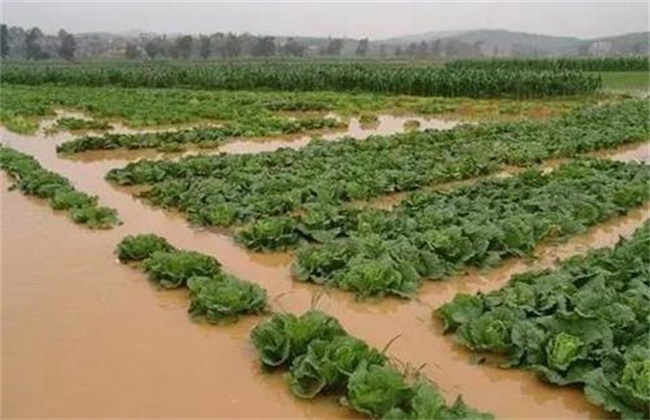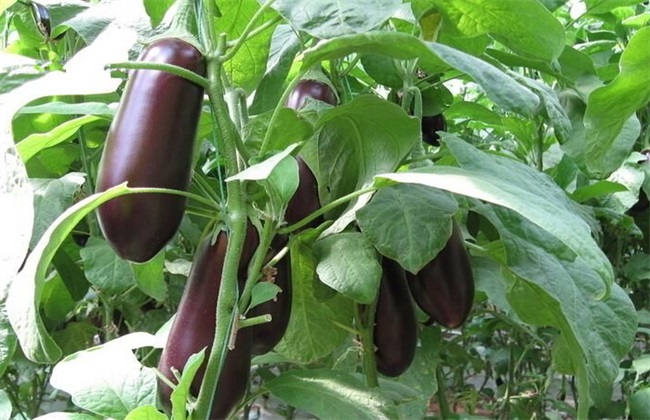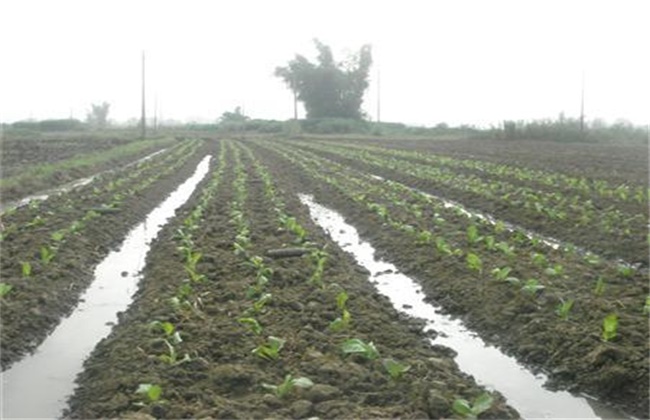How to manage vegetables after rainstorm
Vegetable is an indispensable kind of vegetable in our country every day. There are many kinds of vegetables in our country, such as melons, leafy vegetables and so on. When growing vegetables, we should do a good job in management, but we will inevitably encounter some natural disasters that affect the growth of vegetables. The most common one is the rainstorm, so how to manage the vegetables after the rainstorm? Let's take a look at it.

1. Trench cleaning and drainage
After the rainstorm, the ditch should be cleared in time, and the water in the ditch should be cleaned to ensure that the ditch is drained rapidly and stopped by the rain, and the ditch water on the border and box should be discharged in time. If the terrain is low-lying, a pump can be used for drainage if possible. Speed up and lower the water level in time. For flooded vegetable fields, the ground should be vacated to prevent vegetables from being flooded for too long and reduce losses. Timely drainage can restore the root capacity of vegetables as soon as possible, avoid waterlogging and reduce the death of vegetables caused by stagnant water.
2. Vegetable management
Straighten the vegetables lying down due to stagnant water in time to avoid squeezing each other, then cultivate the soil properly and spray the right amount of foliar fertilizer. If the soil is hardened, then it is necessary to loosen the soil in time, improve the structure of the soil, and restore the growth of the roots. Moreover, it is necessary to carry out artificial watering in time, clean the soil on the leaves, and pay attention to ensuring that the water quality is clean. In order to avoid being victimized again, it is necessary to cover the film in time and build rain shelter facilities. Finally, to avoid sudden sunny after the rain, do a good job of shading.
3. Replanting and replanting
After the rainstorm, the phenomenon of dead seedlings and lack of seedlings will inevitably occur in the field. in order to ensure the whole seedlings, we must do a good job of replanting and replanting. Seedlings with the same growth should be replanted at the mouth of the seedling deficiency hole in time, and for chili, eggplant, cucumber and other vegetables, autumn sowing should be carried out immediately to avoid expanding the affected area. Then we should pay attention to avoid secondary disasters caused by torrential rain, such as debris flows, landslides and so on. Check the status of the greenhouse and strengthen the foot of the greenhouse to prevent secondary disasters from causing further damage to vegetables.
4. Pest control
If there is a rainstorm in summer, then we should also pay attention to the prevention and control of diseases and insect pests after the rainstorm. Because of the high temperature and humidity environment, it is very easy to cause all kinds of diseases and insect pests. And after the rainstorm, the resistance of vegetables is also very poor, so timely spraying to prevent the occurrence of diseases and insect pests. In addition to doing a good job of drainage and cooling, we also need to properly spray carbendazim, enemy killing and other agents to inhibit the derivation of bacteria and reduce the incidence of vegetable diseases and insect pests.
The above is a brief introduction to how to manage vegetables after a rainstorm. The management of vegetables after heavy rain is very important, because it has already suffered a certain loss. What we need to do at this time is to reduce the loss as much as possible and protect the planting benefit. This is the end of today's introduction, this article is for reference only, want to know more related information, please continue to follow us!
Related
- Where is it suitable to grow horseradish in China? it is expected to see the middle altitude horseradish in Alishan.
- How to prevent tomato virus disease reasonably? (Control methods included)
- Many people like to plant towel gourd on the balcony. What are the main points of this method and management?
- What crops can chili peppers be mixed with?
- Fertilization techniques and matters needing attention in Tomato
- What are the grafting techniques for peach seedlings in spring?
- Harm and control methods of root swelling disease of Chinese cabbage
- What are the pests of sweet potatoes? How to prevent and cure it?
- Symptoms, causes and Control methods of navel Rot in Tomato
- The cause of "Cucumber rotten bibcock" in Farmers' planting Cucumber and its Control Plan



